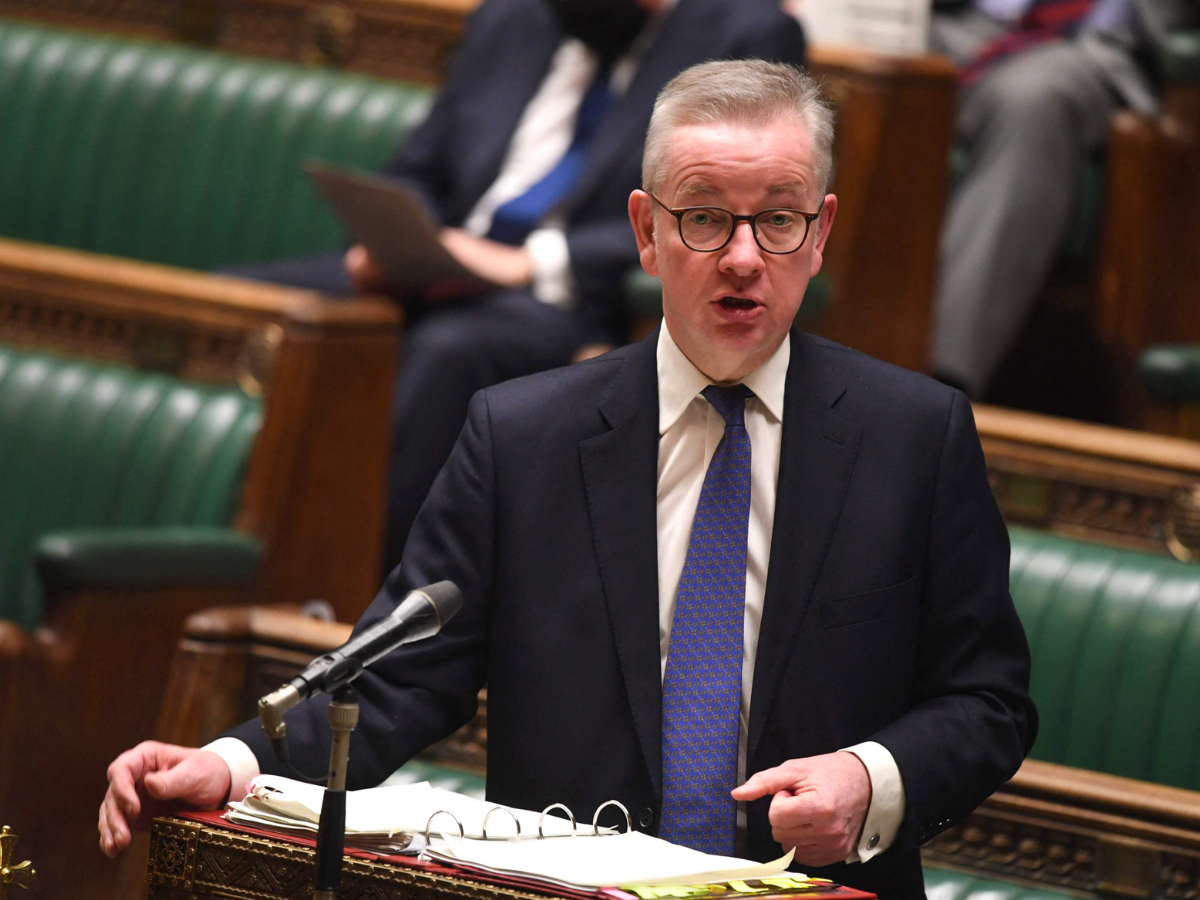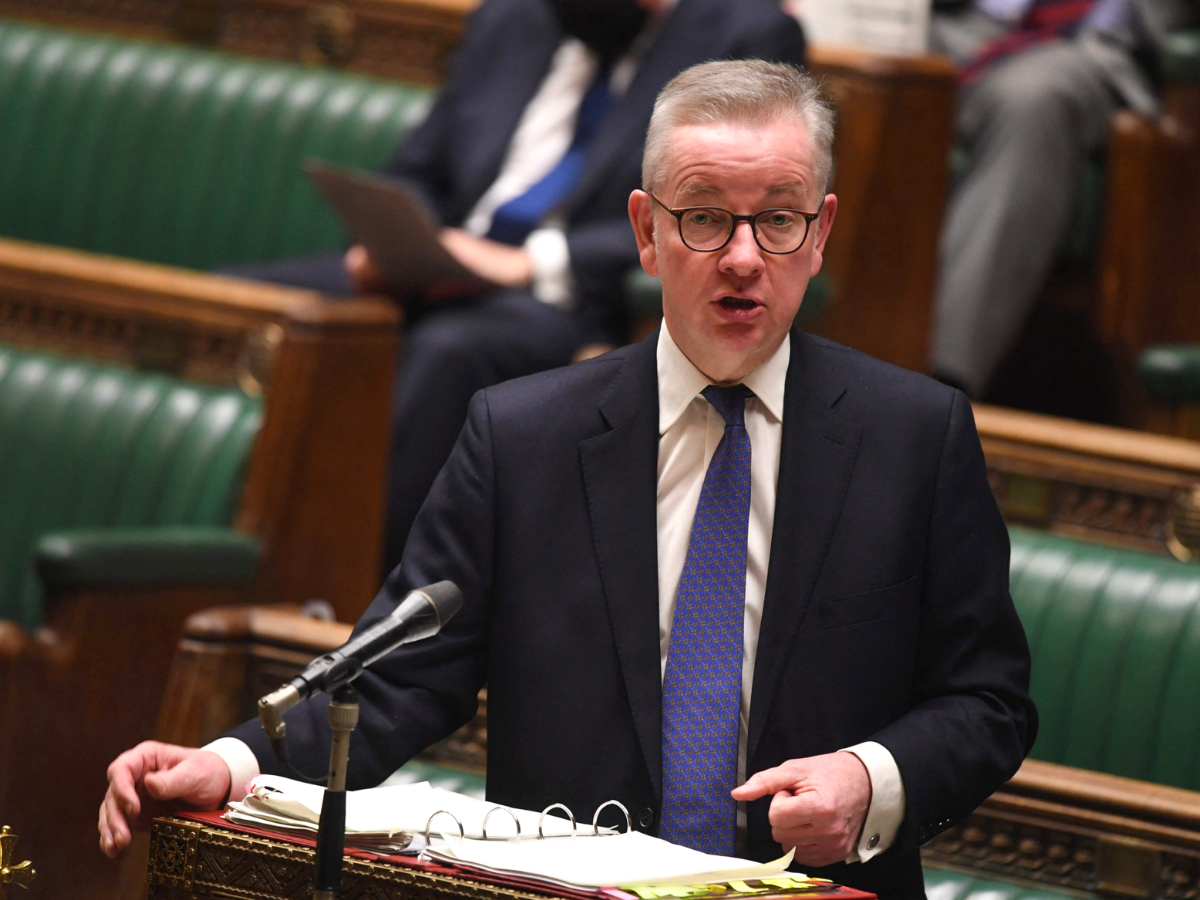The guiding light of Boris Johnson’s premiership has been brought to the fore this month after Michael Gove, secretary for Local Government, announced the long-awaited Levelling Up white paper.
The paper outlines how the Government plans to tackle the stark regional inequality experienced across the UK. It proposes 12 ambitious missions that the Government aims to complete by 2035. This includes improving life expectancy, increasing employment and income, reducing levels of crime, and empowering local leaders by implementing ‘London-style’ mayoralties and devolving decision-making powers.
The Government plans to do this by following a ‘contemporary Medici model’ of levelling up. This refers to a comprehensive approach to regeneration by encouraging social, cultural, and economic capital to flourish – as seen in Florence throughout the Renaissance.
‘The human flourishing at the time of the Renaissance in the cities of Italy was as a result of a number of different factors coming together’, Michael Gove said. ‘It was the home of new methods of banking. It was the home of breakthroughs in architecture, in art, in literature and also in city governance’.
Spatial inequality in the UK
The UK currently stands as the second most regionally unequal country in the world – with the United States taking first place. However, inequality in Britain also takes place within regions, with disparities between the richest and poorest within cities such as London and Glasgow actually larger than those seen between regions.
Regions that are particularly economically and socially stagnant or in decline – usually post-industrial or rural areas – are typically referred to as the ‘left behind’. This bifurcation between regions has been a key driver in the electoral realignment seen in recent elections – with traditional Labour strongholds such as the red-wall constituencies making up a key electoral demographic for the Conservative party in their 2019 landslide. It suggests that the ideological shift and emphasis on levelling up is the Tories’ attempt to augment their newfound support in these constituencies, rather than pursue real long-term change.
In a tweet, Boris Johnson said ‘the defining mission of this government has been to level up this country, to break the link between geography and destiny so that no matter where you live you have access to the same opportunities’.
Local empowerment without local power?
Levelling up has been a challenge that many governments have attempted to tackle. Whilst the latest approach recognises that levelling up requires a comprehensive approach, history suggests that the hypercentric Westminster model will impede its ability to have a true impact on regional inequality.
This can be seen, firstly, in the funding mechanism suggested for levelling up initiatives. No new funds have been committed, with only existing investments in levelling up strategies being offered. This means that, compared to countries such as Germany, which invested €1.7 trillion between 1990 and 2014 in their levelling up strategy, the UK has only committed around £5 billion in existing measures so far. Funding is key to any initiative, and lack of it for levelling up maybe a real obstruction.
Similarly, the centralised mechanism for allocating funds also risks perpetuating regional inequalities rather than reversing them. This is because the Government has failed to devolve financial power and independence to local Governments, instead favouring a competitive bidding approach and keeping the Treasury responsible for allocating funds on a discretionary basis. This excessive control from the centre may even aggregate inequality because poorer regions with fewer resources will be less well placed to bid against more established regions.
Secondly, the UK has one of the most centralised models of government in the world. Previous attempts to devolve power have led to tensions between local and central governments, with the core executive consistently reluctant to hand over the reins. For example, several performative stand-offs between local leaders and central Government throughout the pandemic threatened to ‘loosen Westminister’s grip’. There is speculation that it was these power struggles that drove the replacement of the Devolution and Recovery reforms – reforms that placed a large emphasis on devolution – for the Number 10 driven Levelling Up white paper announced this month. While the Levelling Up white paper recognises devolution as a mission – it is just one out of 12 rather than being a central theme throughout.
This begs the age-old question of the extent to which power is really being devolved, or whether centrally designed initiatives are being dressed up as local empowerment. The fragmented proposals throughout the white paper lend credence to the latter. For example, rather than focusing on specific regions, it identifies six capital areas to replenish and four policy areas to improve on. This is a clear indication that there has been little local involvement to design bespoke approaches to specific regions based on what they really need to level up.
Real change or rhetoric?
Overall, the white paper proposes innovative and ambitious initiatives to level up the UK. However, with the treasury keeping a tight hold on the purse strings, and the significance of devolution undermined, it lends credence to the theory that the Government are perpetuating rhetoric of local empowerment to appease their newfound electoral demographic whilst in reality remaining a hyper centralised state.
The Levelling Up white paper suggests that the UK will take a Medici style model. However, in reality, the Medicis clung violently onto power and governed from the centre whilst simultaneously promoting rhetoric that the Florence republic was a place of the people.
About the author: Jessica Culnane is a contributing Features Writer with in-depth knowledge of policy, politics, and economics. She’s interested in technological advancements, business developments, data, and culture.
Recommended for you

Antidepressant Prescribing at Six-Year High
More people are taking antidepressants than ever. Is this a dark sign of the times or an indication that mental health stigma is changing?

Can AI be Used to Determine Cancer Recurrence?
When cancer patients go into remission, they often worry about it coming back. AI can now help identify those at risk of cancer recurrence.

Pegasus – Still a Threat to the UK?
The notorious Pegasus spyware has been misused to exploit vulnerabilities in devices, even those kept within the walls of Number 10.
Trending

Drug Decriminalisation: Could the UK Follow Portugal?
Portugal’s drug decriminalisation has reduced drug deaths and made people feel safe seeking support. Would the UK ever follow suit?

Calling All Unvaccinated UK Adults
With Covid cases rising, the NHS is urging the 3 million UK adults who remain unvaccinated to come forward.





